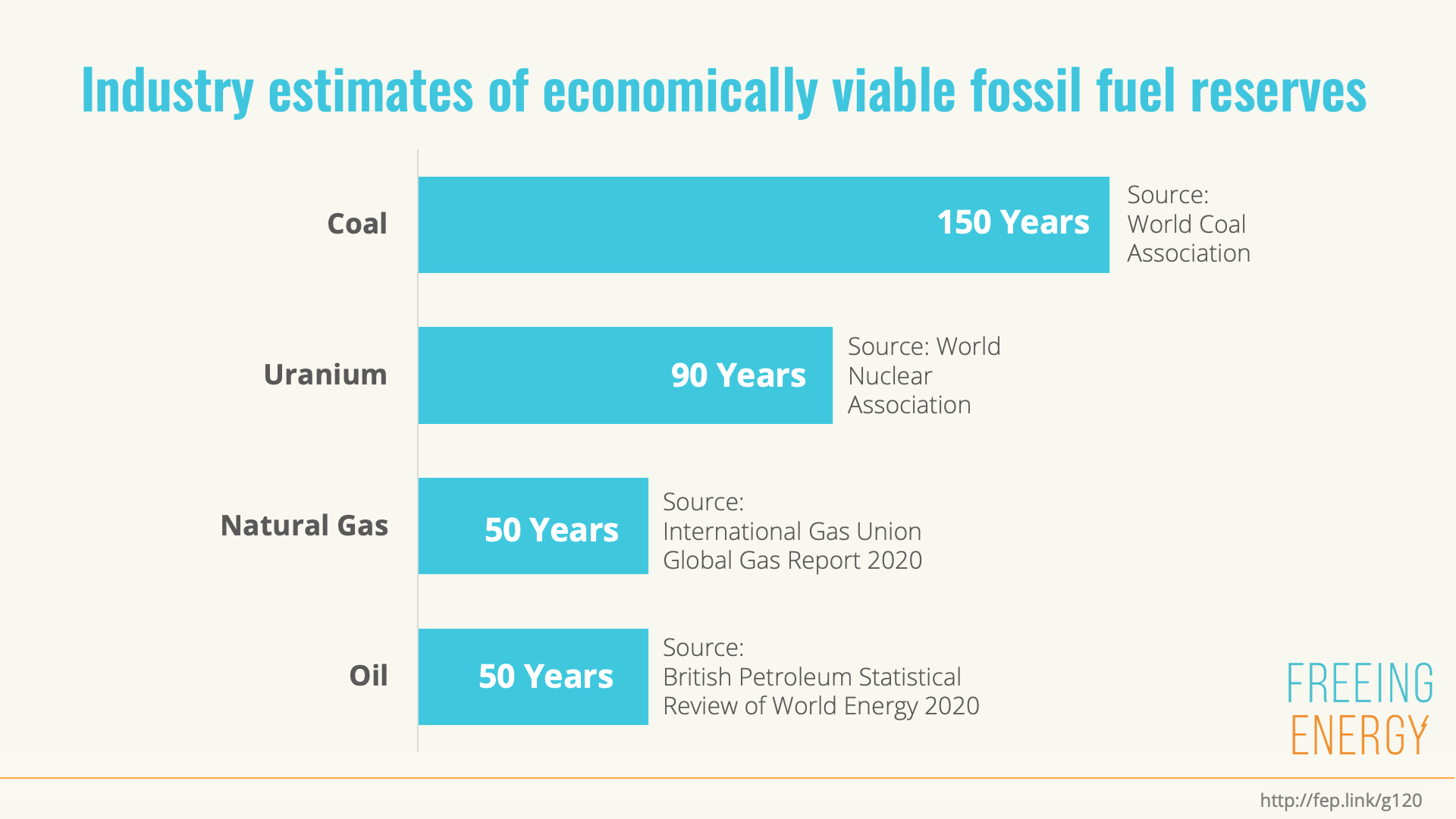Colombia: A Green Pivot!
November 25, 2023 | Expert Insights

Since left-wing president Gustavo Petro took office in August last year, the Colombian government has been planning for a pivot away from fossil fuels. As one of the top coal producers in the world, Colombia’s economy is heavily dependent on fossil fuels. Between 40 and 50 per cent of its exports are coal and oil. Given this, the ambitious new plan has met with alarm, scepticism, and criticism.
A shift from fossil fuels would require many major changes to ensure the economy does not upturn. Compared to other fossil-fuel-dependent nations, such plans are very progressive. Many are concerned about the social and economic repercussions of a transition that is not planned properly. Some denounce the plan as idealistic, and others doubt it will have any positive environmental effects. However, others point to Colombia’s excessive dependence on fossil fuel commodities as a liability that has to be changed soon.
Background
Since the 1990s, Colombia has aimed to follow the International Monetary Fund (IMF) prescriptions that were popular during the 1990s free trade heyday. As per this approach, state spending and economic intervention were to be strictly limited while the economy was opened up to international trade. Colombia’s economy grew at an average of 3.4 per cent per year in the 30 years leading up to the COVID-19 pandemic – a rate that exceeds the regional average. However, during this period, its productivity was low and stagnant because a growing share of its growth was from oil and coal extraction.
The new government led by President Petro had initially planned to stop issuing new oil exploration contracts, which made international headlines and spooked the market. However, it has subsequently adjusted its stance, and it is not certain yet whether new oil permits will be prohibited. Apart from this, Bogotá is also preparing industrial policies that will contribute to developing a green economy. These include promoting biotech and green hydrogen projects – such as buses powered by green hydrogen. Government funds supported Ecopetrol (Colombia’s largest company) to build such buses.
Given that Colombia's top export in 2022 was oil, hydrogen could offer a greener fuel source and revenue. The country's Mines and Energy Ministry has estimated that low-emission hydrogen exports could bring in $5 billion annually in later decades, which would be more than a quarter of the total export earnings from oil last year.
On the face of it, these initiatives are an exemplary industrial policy – a government intervention focusing on developing particular economic activities, keeping the environment uppermost in mind. While wealthy countries like China, the United States, and others in Europe and the West have made efforts to roll out substantial subsidies and benefits for low-carbon activities, developing nations must do what they have. Colombia promises to break this trend.

Analysis
Most nations planning to shift away from fossil fuels are not heavily dependent on them. Conversely, coal and oil are pivotal to Colombia's economy. Over the past few decades, taxes and royalties from mining companies have substantially outdone those from other sectors. For instance, Cesar's four main coal towns comprise 35 per cent of the area’s entire GDP and 30 per cent of its income. These extraordinary municipal revenues have made mayors reluctant to consider other avenues of revenue.
Oil and gas are trickier because the country relies on them to function. Gas contributes 12 per cent of its electricity and fuels its industrial processes apart from household stovetops and water heaters. Gasoline powers almost all of its fleet of vehicles, with only a small portion of electric vehicles. Taxes from the fossil fuel sector and dividends from the partially state-owned Ecopetrol comprise around 9 per cent of the central government’s income.
However, proponents of the pivot away from fossil fuel argue that Colombia’s excessive dependence on it is a liability that needs to be addressed as soon as possible. If countries do decarbonize in pursuance of the Paris Agreement and global fossil fuel demand falls, Colombia will be substantially impacted unless it develops alternative exports.
Many changes will have to accompany a shift to a cleaner economy. Switching to a 100 per cent renewable electric grid is considered achievable. However, other goals, especially substituting its oil and coal exports and ensuring economic replacement, in fossil-fuel-dependent regions pose a more serious challenge. Closing mines and oil fields could result in a large number of workers losing their jobs and requiring support in finding new jobs.
Additionally, President Petro's green industrialization plan faces challenges in the form of social resistance by locals and private investors who claim that the left-wing agenda creates an uncertain business environment. Leftist leaders of the two largest economies in Latin America do not share President Petro’s views - neither Brazil nor Mexico are looking to shift away from oil and coal.
Assessment
- Shifting away from fossil fuels will be a significant challenge, given that Colombia will have to replace half its exports. Further, it will also have to deal with the issue of regions that revolve around fossil fuels and the severe unemployment that could ensue from a shift.
- However, given its substantial dependence on fossil fuels, Colombia must look to diversify its exports and develop other sectors of its economy. Additionally, developing renewable energy is a plausible way for it to reduce its reliance on oil, gas, and coal in terms of consumption. Such policy planning could accompany a gradual reduction in fossil fuel reliance and help mitigate the effects of it.
- The devil lies in details. The road to hell, they say, is paved with good intentions. Unless Colombia comes up with a realistic, affordable and functional energy policy to implement its 'good intentions,' these utterings will remain nothing more than empty electoral promises.








Comments